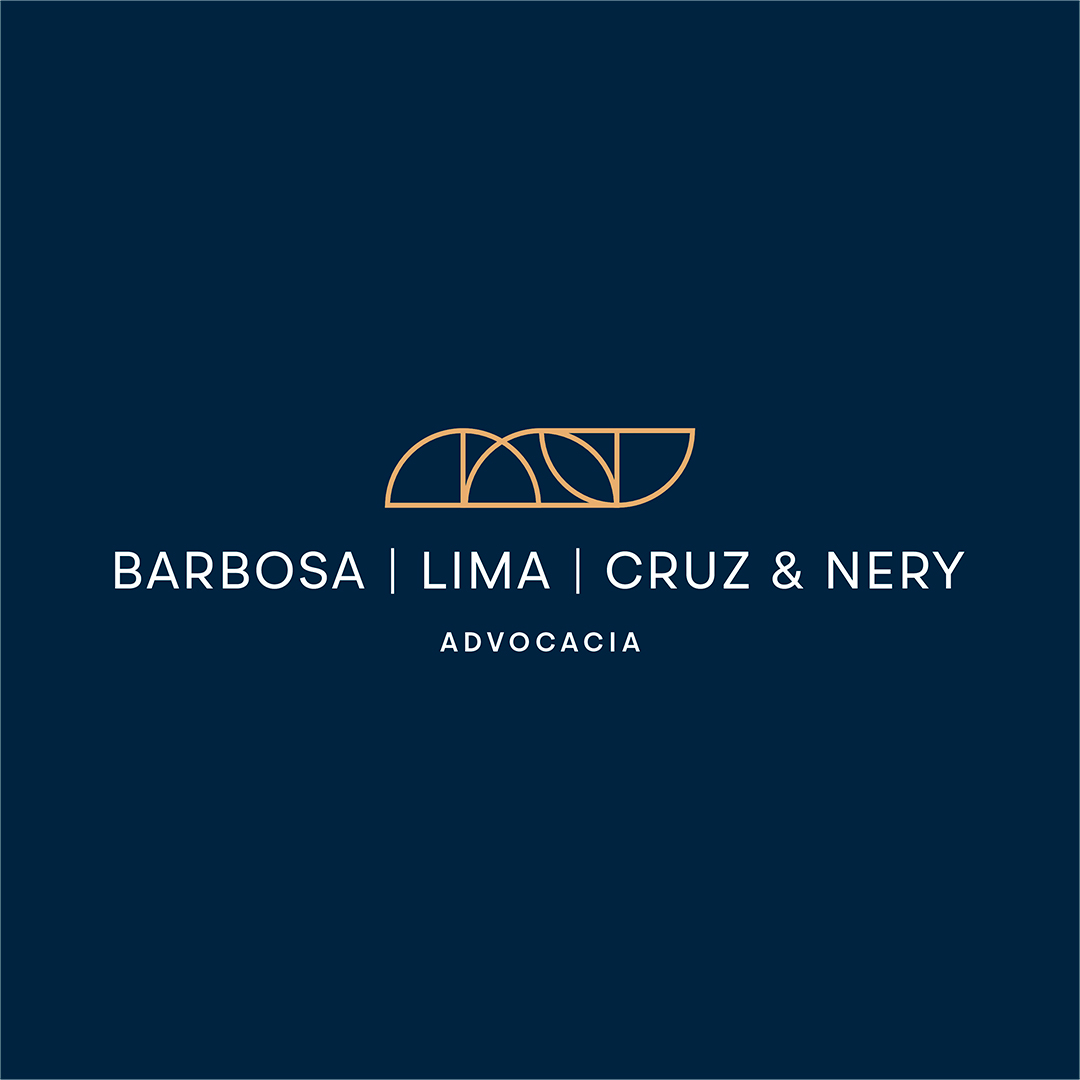On Wednesday (October 21), the Federal Supreme Court declared unconstitutional the articles of the labor reform that required the payment of expert fees and legal fees by the losing party benefiting from free legal assistance.
The decision was not unanimous, but Minister Alexandre de Moraes’ vote prevailed, ruling that Articles 790-B, caput and §4, and 791-A, §4, introduced by the labor reform, are unconstitutional.
This ruling overturns the key provision included in the Consolidation of Labor Laws (CLT) by the labor reform. The requirement for the payment of legal fees by claimants benefiting from free legal assistance had significantly reduced the number of labor lawsuits filed.
With this decision, Regional Labor Courts (TRTs) in various regions of Brazil will now face an influx of labor lawsuits that had been awaiting this ruling.
The provision declared unconstitutional prevented the trivialization of lawsuits in the Labor Court, as these cases, before the reform, were often filed without a minimally plausible basis. The reform introduced Articles 790-B, caput and §4, and 791-A, §4, to make workers think twice before filing a lawsuit.
Ideally, workers would hire a specialized lawyer or their union to assess whether the rights they wish to claim in a labor lawsuit are viable, and only file the lawsuit after this analysis. If workers identified that their claims were likely to fail, they would probably desist from filing the lawsuit, fearing the risk of being ordered to pay legal fees to the opposing party’s lawyer.
Now, with the exclusion of these reform articles, workers who want to file labor lawsuits, even knowing their chances of success are low, will be able to do so, since the worst that can happen is losing the case without any financial penalty for the loss. This will continue to happen, as in the majority of cases, free legal assistance is granted indiscriminately, allowing the exemption from legal fees in any case of defeat.
This ruling also brings consequences for labor lawyers representing employers, as they will no longer be able to receive legal fees when winning cases against claimants in the Labor Court, devaluing their work and adversely affecting their clients, who will have to increase their costs since there are no longer legal fees to be awarded to their lawyers. Additionally, their contentious demands will increase considerably.
The negative repercussions of this ruling also affect the Federal Government, which is responsible for paying expert fees when there are no credits from the free legal assistance beneficiary in other cases. In other words, if the claimant benefiting from free legal assistance loses in claims that require expert evidence, the government will be responsible for paying these expert fees, preventing these amounts from being deducted from any potential judgment in other claims granted in the same case.
Consequently, it is important to highlight that a new line of decisions in the lower courts should be established to exclude free legal assistance for claimants filing groundless lawsuits, as this would be the only way to make them pay the legal fees. In other words, stricter criteria for granting free legal assistance will be necessary to prevent this institution from harming the professionals involved in these cases.
Moreover, it is important to remember that the CLT and the Labor Court were created to protect workers. This protection is crucial, as workers are undoubtedly the most vulnerable party in the employment relationship. However, unfortunately, some workers exploit these procedural advantages to file lawsuits lacking arguments or evidence.
It is worth noting that the labor reform did not completely remove the benefit of free legal assistance. On the contrary, the benefit was adjusted to protect those who genuinely need it. The provision in §4 of Article 791-A of the CLT only allowed the execution of legal fees if, after a two-year suspension period, the debtor was able to pay the legal fees, which in no way meant that they could be executed against financially incapable debtors.
The excessive filing of labor lawsuits unnecessarily burdens the Brazilian judicial system and all the professionals involved, including judges, clerks, lawyers, experts, and others, each of whom incurs a cost. Considering that Brazil is responsible for around 98% of the world’s labor lawsuits, exempting claimants from bearing this financial burden encourages irresponsible litigation, which borders on bad faith.
In conclusion, the ruling declaring the unconstitutionality of the above-mentioned provisions will allow employees to once again file manifestly groundless lawsuits easily, overwhelming labor courts even more.
Article by partner Cláudio Lima Filho.
Published in Consultor Jurídico


